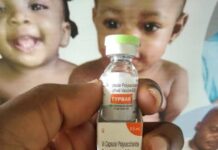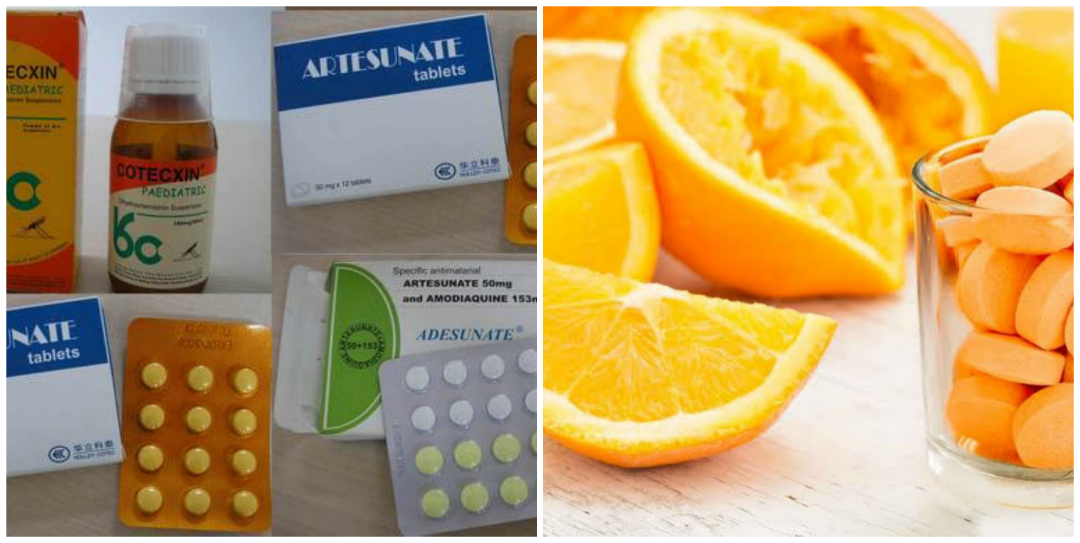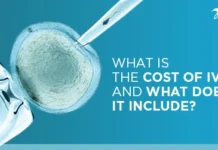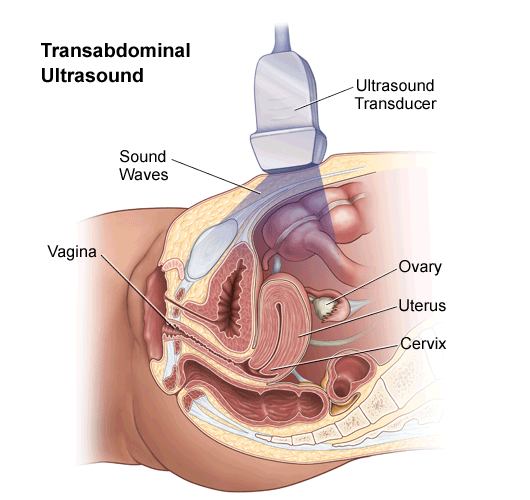Can multivitamin + Vitamin C + Fruits + lemon + milk be taken with antimalarial medications?
This a a very controversial topic. Malaria remains the number killer in Nigeria and Africa and different treatment modalities have been adopted to tackle it especially with the use of antimalarial medications. But what foods or , drugs should one avoid while on antimalarial medications? I have seen many articles written by Medical experts advising patients to desist from taking milk, vitamin C, fruits, lemon, oranges, multivitamins and fruits while on antimalarial medications because they reduce the efficacy of the malaria drugs. But how true are these claims, are the scientifically backed?
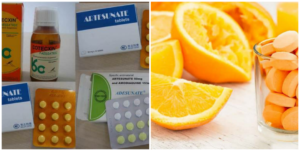
I have noticed that doctors and even pharmacists are equally divided on whether or not patients on antimalarial drugs should actually take fruits, multivitamins, milk, oranges, lemon, Vitamin C and Vitamin B complex.
Should you take fruits or vitamin C, or Vitamin Bcomplex when you are on antimalarial medications?
This thing right here is still controversial especially among doctors.. @ojayfemi @skinandall_ @Adamsayeni
Cc: #MedTwitter
— Nigerian Health Blog (@DrUdomoh) August 11, 2020
I decided to get the opinion of different health care providers today especially from season doctors and their science backed responses are below:👇
Dr Femi @ojayfemi, a Nigerian Physician based in Australia
There are invitro studies that vitamin c might impair the efficacy of antimalarial medications, I’m not aware of current studies confirming that, the jury is out on it, unless you have further studies to confirm or refute it, i am happy to be corrected. Vitamin Bcomplex (multivitamins) dont seem problematic but i dont see a reason for it.
💥💥💥💥💥💥💥💥💥💥💥💥💥
Dr Gold -Olufadi Shakirat, Consultant Dermatologist, University College Hospital, Ibadan
Been offline doing some work. Was going to reply along the same line of what Femi (@ojayfemi) said. Although it has been demonstrated in vitro,not so sure the importance in vivo.Since it has been demonstrated and there’s no real need for it then, I’d leave it out. But you know Naija patients.
💥💥💥💥💥💥💥💥💥💥💥💥💥
Dr Ayeni, an Obstetrician and Gynaecologist based in Nigeria, lists the drugs, fruits and drinks a patient being treated for malaria should not take.
According to him, “while you are on treatment for malaria, kindly avoid the following:
*Orange
*Vitamin C tabs
*Multivitamins
*Blood tonic/caps
*Energy drinks
Ascorbic acid, present in all these, renders antimalarial drugs less effective. Ascorbic acid also increase your parasite load.” He said.
💥💥💥💥💥💥💥💥💥💥💥💥💥💥
Emmanuel Tantang, a Kaduna based Pharmacist, believes lemon juice reduces the efficacy of antimalarial medications like Coartem and Amatem and should therefore be avoided while on malaria medications
According to Pharmacist Emmanuel, lemon juice can reduce the potency of malaria drugs when one is on treatment for malaria. “Lemon juice contains sour-tasting juice like Vitamin C which, if taken at the same time with some antimalarial drugs such as Coartem and Amatem, can reduce their strength or potency,” he said.
💥💥💥💥💥💥💥💥💥💥💥💥💥💥
Dr Akpi, a Physician based in Lagos
Milk has no effect on antimalarial drugs.. Taking milk while on antimalarial medications will not reduce the potency of the drugs. However I advise you avoid fruits rich in vitamin C and multivitamins when being treated for malaria. They reduce the efficacy of the drugs and increase the malaria parasite load. Calcium, contained in milk has no effect on antimalarial drugs. It is also advisable to avoid iron rich foods while on antimalarial medications.
















